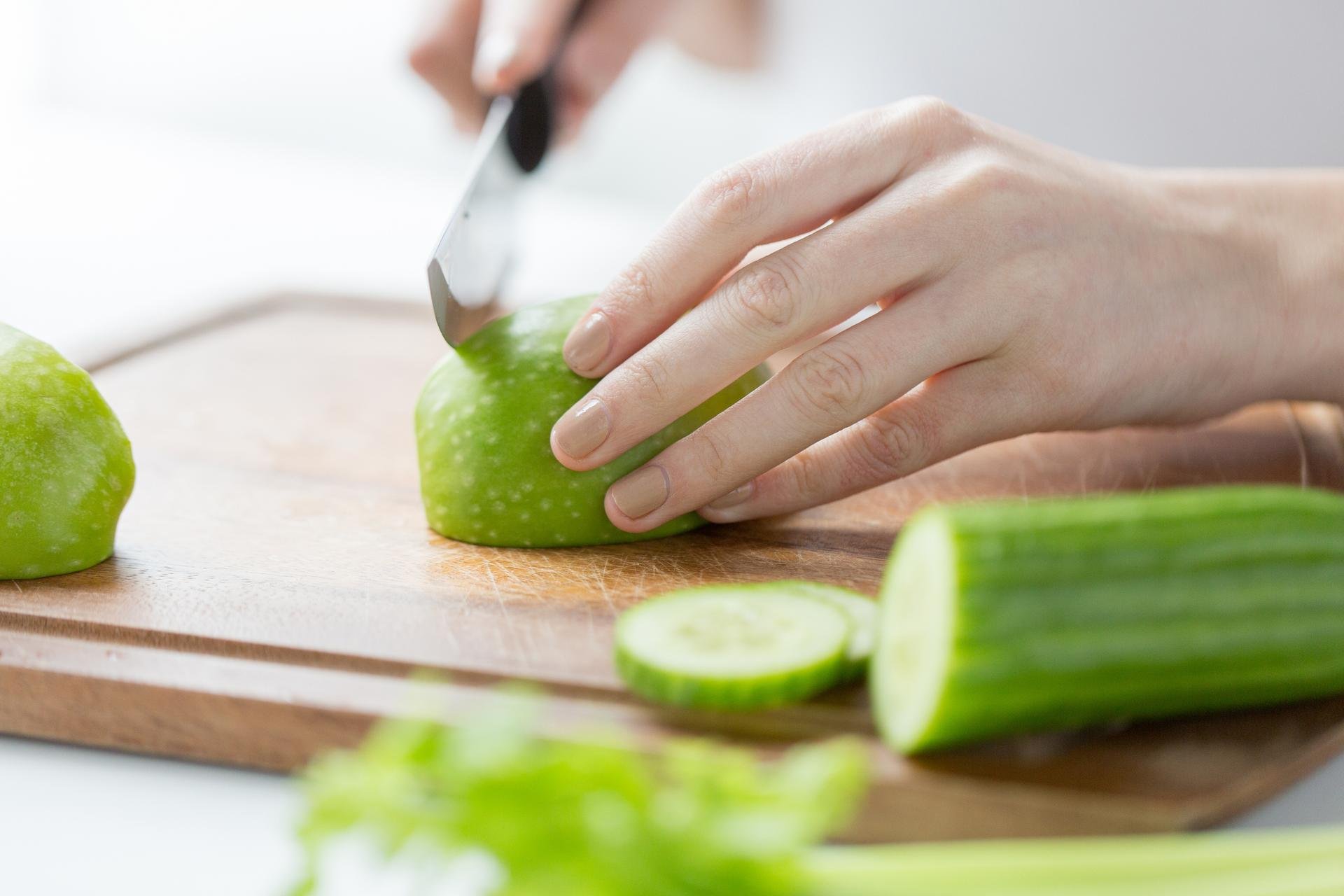- Textiles with organic certificates
- Cheap ecologic energy
- Types of plastic
- Gardens of the Senses
- Green stops
- Houses for insects
- Anti-smog pavement
- Solar panels
- Ecological clothes
- Energy-efficient buildings
- Composter
- 10 ideas for green life
- Rain gardens
- Solar house
- Recycling of clothes
- Organic food
- Eco plates and cutlery
- Eco cleaning the house
- Organic milk
- Ecological cooking
- Carpooling
- Green walls
- Microplastic
- Saving water
- Ecological certificates
- Mobile eko apps
- Eco straws
- Ecological bags
- Being Eco
- Urban apiary
- Xeriscaping
- Green roofs
- Green architecture
- Hortitherapy
- Overheated city
- Open composters
- Smart cities
- Smog
- Functions of greenery
- Miniature Parks
- Electric cars
- Why are the trees in the city so important?
- Zero Waste
- Ecological shopping
- Ecological office
- Use rainwater!
Healthy food - how to cook ecologically?
Healthy food - how to cook ecologically?

Research commissioned by the Federation of Polish Food Banks in 2018 shows that as many as 42% of respondents declare that they sometimes throw away food. Bread, fruit, vegetables, sausages - this is what is wasted most often. To counteract the increase in the amount of rubbish and wasted food, it is worth applying a few simple rules.
First of all – shopping
It is worth preparing for it in advance. Making a shopping list will ensure that you forget nothing and the items you do need will go to the basket. Don't be tempted by 2 + 2 discounts on products that will expire before you use them. When buying fruit, vegetables and meat, local suppliers will be the best choice. That way you can be sure about the method of growing or rearing the purchased products. When going shopping, carry your own bags to limit the number of plastic bags. Try also to choose products in glass packaging - instead of juice in a carton, buy juice in a glass bottle.
Preparation of meals
Pots and pans are just as important as ingredients. Using good quality pots, you will avoid burning, but also - in the long run - you will save money through avoiding their frequent replacements. Try to cook one-pot dishes to use less electricity, and if you live a hectic life - throw in a bit more ingredients to make a dish for two days.
Nothing is wasted
If you think you don't have anything in the fridge - take a good look! To leftover pasta or porridge you can add a few vegetables and create a nutritious salad. Mix ripe fruit with milk - a delicious cocktail will be created. Red beans left over from yesterday's dinner can change into vegan chops in a few moments. If you buy something for storing, but you know that it will not use it in the near future - you can freeze it. This option is great for vegetables, fruit, and bread. Or you can give an extra sandwich to a colleague who has forgotten to take lunch. These are just a few options, but it's worth starting with the simplest habits to start cooking more ecologically.



